A new European project seeks to build upon previous initiatives to develop training programmes and cement civil society synergies leading to better integration of refugees.
On the back of an unprecedented refugee crisis, especially following the Taliban resurgence in Afghanistan and the conflict between Ukraine and Russia, refugee integration has been emphasised as a top priority for the European Union. Record numbers have been reached as Europe hosts an increasingly higher number of refugees and asylum seekers.
From Ukraine alone, 6 million citizens have fled the war and crossed European borders. Looking for safety and development opportunities, these refugees pose new and greater challenges to the European landscape.
To tackle such challenges the EU has responded rapidly, reinforcing a solidarity wave via direct humanitarian aid, emergency civil protection assistance, and protection. However, considering the significant number of children and youngsters within these general figures, overarching medium-to-long-term actions are required to ensure a successful integration process beyond temporary aid.
Building on top of existing projects and previously identified needs, the European Commission’s Erasmus+ programme, has funded the REFUGIN project – Communitarian approach for a holistic young refugee long-term integration -, which will run for three years.
The REFUGIN transnational initiative – sets the tone for an inclusive and long-term approach to the refugee crisis.
The project strives to ensure the sustained integration of young refugees through a bidirectional process: refugee integration and resettlement require a proactive involvement of civil society and the young refugees themselves.

Following the EU Action Plan for Integration and Inclusion 2021-2027, the REFUGIN project aims to cement civil society synergies towards refugees’ integration. The project will strive to build the capacity of key non-governmental actors, namely education and NGOs professionals, by holistically investing in their know-how in the field. Young refugees’ soft skills, media and digital literacy and resilience, among others, will also be enhanced, contributing to their positive and sustained long-term integration.
Considering the proposed relevant yet ambitious goals, REFUGIN will develop tailored training courses for the referred civil society professionals and young refugees, following a thorough needs assessment. Moreover, the project will develop guidelines for public campaigns, schools’ institutional structures and a mentoring scheme, ensuring that the issues posed by forced migration are handled from a social care lens instead of a highly securitised approach.
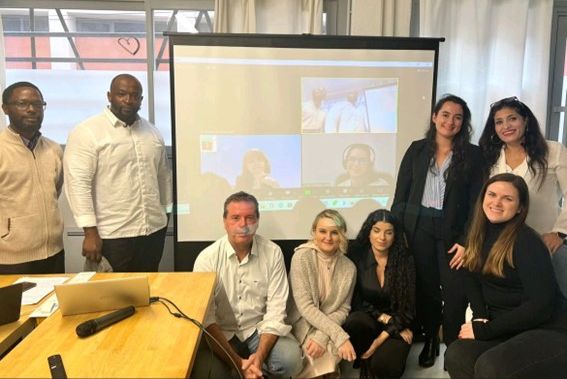
At the initiative’s inception, a solid foundation for the project’s successful development was set. The consortium members stressed how integration efforts should be deployed in a sustained and long-term framework, allowing young refugees to become part of their new communities whilst also mitigating societal ill-informed suspicion towards migration.
Ultimately, REFUGIN expects to contribute to more tolerant, inclusive, and inter-culturally aware European societies, strengthening the EU core values.
Know more about this project

REFUGIN
Communitarian approach for a holistic young refugee long-term integration
The REFUGIN project consortium is led by the Les Militants des Savoirs Association (France), and partnered by IPS_Innovative Prison Systems (Portugal), KMOP Social Action and Innovation Centre (Greece), UNITED For Intercultural Action (Hungary), UREP – União de Refugiados em Portugal (Refugees Union in Portugal), the School with Class Foundation (Poland), the Helsinki Committee for Human Rights in Serbia , EaSI – European Association for Social Innovation (Romania), and the Charity Centre for Refugees in Moldova.
For more information on the REFUGIN project, please visit its page.
Related projects
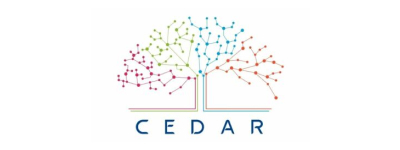
CEDAR
Continuing Education Against Radicalisation

COOPERHATE
Delivering a comprehensive approach to preventing, reporting, investigating and prosecuting hate crime and hate speech-related incidents in Portugal

DIGIDEM
Fostering Digital Democracy and Citizenship in Higher Education

EUTEx
Developing a European framework for disengagement and reintegration of extremist offenders and radicalised individuals in prison

FUTURE-ART
Sentinels of the Future: Together to Eradicate Human Trafficking
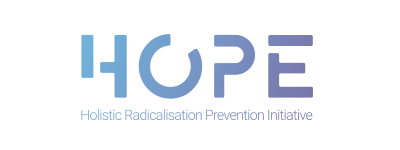
HOPE
Holistic Radicalisation Prevention Initiative (Balkan countries)

IN2PREV
Law enforcement and community cooperation and training approach to prevent radicalisation by ensuring refugees’ successful inclusion
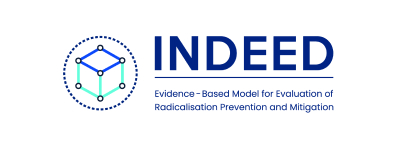
INDEED
Strengthening a comprehensive approach to preventing and counteracting radicalisation based on a universal evidence-based model for evaluation of radicalisation prevention and mitigation

INTEGRA
Integrated Community, Probation and Prison Services Radicalisation Prevention Approach

KOBAN
Identifying future capabilities for Community Policing
Related news

IPS has joined a new partnership focused on enhancing the prevention, reporting, and investigation of hate crimes and hate speech in Portugal
Read More »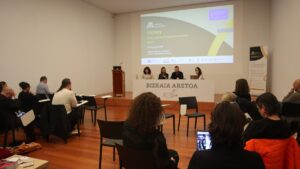
Presenting resources for victims and practitioners at European meeting on responses to hate-motivated harm
Read More »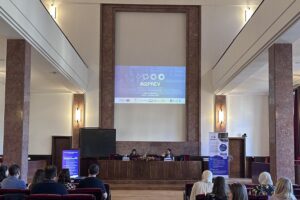
IN2PREV Final Conference highlights cross-sector collaboration for refugee inclusion and radicalisation prevention
Read More »
Standing united against hate: A national effort to prevent and tackle hate crime and hate speech in Portugal
Read More »




